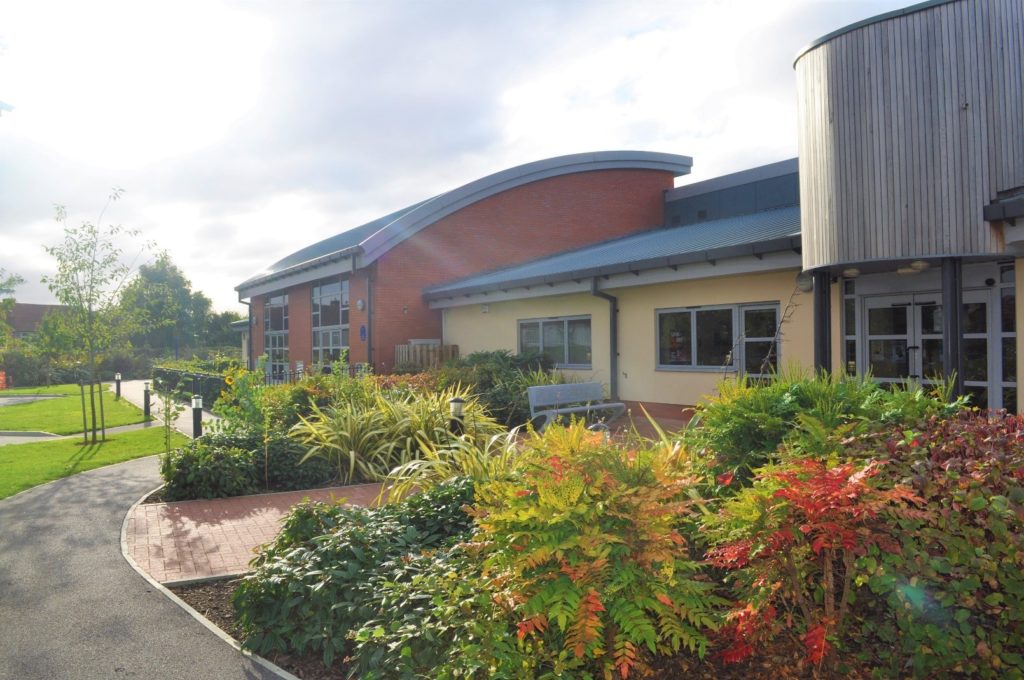Class Information
- Reading: Children are expected to read at home for pleasure at least three times a week. The page numbers need to be recorded in their reading records three times and there needs to be at least one written comment per week. Example reading record comment:
- Street Child p.10-19. I enjoyed this chapter as I am interested in history and we find out what life would be like for paupers in Victorian England.
- Street Child p.10-19. I found this chapter emotional as Jim feels guilty that his family were evicted from their home even though it wasn’t really his fault.
- Street Child p.10-19. I liked how the author writes in the language that would have been used in the streets of London in the 1860s. It helps me to be able to picture the scenes more vividly.
- PE: Pupils need PE kits on a Tuesday (Modules 2,4, and 6) and every Friday.
- Pupils need swimming kits on Tuesdays (Modules 1.3 and 5)
Please ensure all belongings are clearly labelled.
Unit of Inquiry
Transdisciplinary Theme: Who we are
Central Idea: Throughout time and across the globe children’s rights and responsibilities have differed.
Lines of Inquiry
- Children’s rights and responsibilities
- Challenges, risks and opportunities children face
- Ways in which individuals, organisations and nations work to protect children from risk
Previous Units
Unit of Inquiry
Transdisciplinary Theme: Sharing the Planet
Central Idea: Tourism can bring benefits to an economy; however, it can cause problems in a local environment.
Lines of Inquiry
- The environmental regions found in North America
- Similarities and differences between our location and a place in North America
- How tourism affects communities
Unit of Inquiry
Transdisciplinary Theme: How We Organise Ourselves
Focus: Justice
Central Idea: Democracy can provide a level of say in how justice is served.
Lines of Inquiry
- How the UK justice system works.
- How law and the justice system change over time.
- How laws and justice are different around the world.
Unit of Inquiry
Transdisciplinary Theme: How the World Works
Central Idea: Scientific and technological advances can change environments.
Lines of Inquiry
- How electricity works.
- How electricity use has changed over time.
- The choices people make when using electricity.
- Effects on the environment.
Unit of Inquiry
Transdisciplinary Theme: Who We Are
Central Idea: The work that charities do can change a person’s life.
Lines of Inquiry
- The work of charitable organisations.
- How everyday people help charities.
- The impact of the Industrial Revolution on life today.
Unit of Inquiry
Transdisciplinary Theme: Sharing the Planet
Central Idea: Tourism can bring benefits to an economy; however, it can cause problems in a local environment.
Lines of Inquiry
- The environmental regions found in North America.
- Similarities and differences between our location and a place in North America.
- How areas of natural beauty are changing due to tourism.
Unit of Inquiry
Transdisciplinary Theme: Who We Are
Central Idea: The work that charities do can change a person’s life.
Lines of Inquiry
- What we are taught about charity through different communities.
- How charitable organisations are organised.
- Causes that charitable organisations support.
- Where charities have promoted change to legislation.
Unit of Inquiry
Transdisciplinary Theme: How The World Works
Central Idea: Scientific and technological advances can change quality of life.
Lines of Inquiry
- Scientific and technological advances.
- The impact of these on our daily lives.
- The choices people make.
Unit of Inquiry
Transdisciplinary Theme: Where We Are in Place and Time
Central Idea: Human migration is a response to challenges, risks and opportunities.
Lines of Inquiry
- Reasons for exploration
- The effects of Tudor exploration
- Migration in the modern world
- Our families and migration



